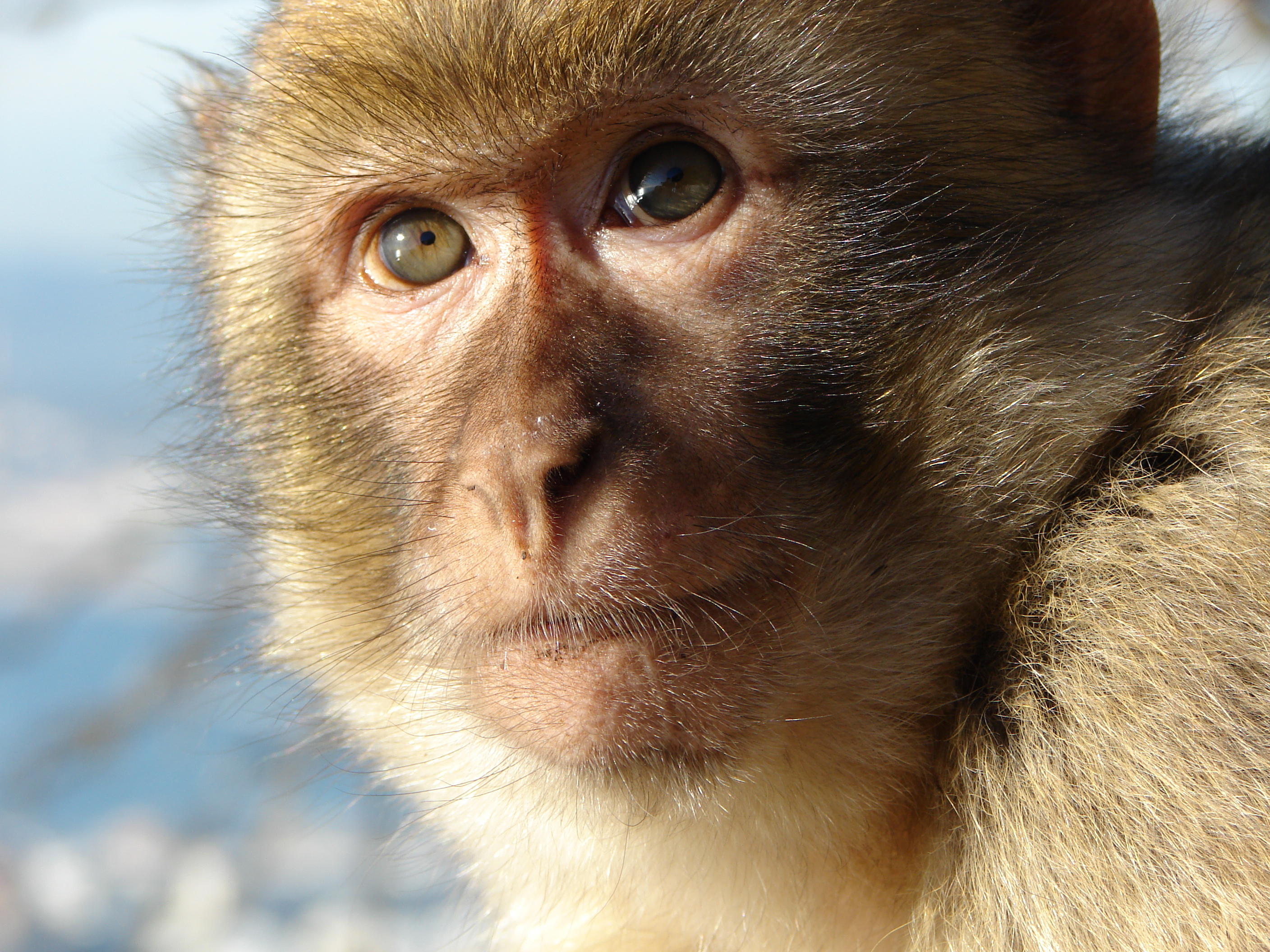Synthetic embryos have been implanted into monkey wombs
By Jessica Hamzelou,
MIT Technology Review
| 04. 06. 2023
Embryos made from stem cells—instead of a sperm and egg—have been created from monkey cells for the first time. When researchers put these “synthetic embryos” into the uteruses of adult monkeys, some showed the initial signs of pregnancy. It’s the furthest scientists have ever been able to take lab-grown embryos in primates—and the work hints that it may one day be possible to generate fetuses this way.
“This is amazing,” says Susana Chuva de Sousa Lopes, a developmental biologist at Leiden University in the Netherlands, who was not involved in the study. “It’s the first time I’ve seen [synthetic embryos] developed so far, and with such good quality.” It is also the first time such embryo-like structures have been implanted in monkeys.
The team behind the research, Zhen Liu at the Chinese Academy of Sciences in Shanghai and his colleagues, started with embryonic stem cells originally taken from macaque monkey embryos. These cells have been grown in labs for multiple generations and, given the right conditions, have the potential to develop into pretty much any type of body cell, including...
Related Articles
By Diaa Hadid and Shweta Desai, NPR | 01.29.2026
MUMBRA, India — The afternoon sun shines on the woman in a commuter-town café, highlighting her almond-shaped eyes and pale skin, a look often sought after by couples who need an egg to have a baby.
"I have good eggs,"...
By George Janes, BioNews | 01.12.2026
A heart attack patient has become the first person to be treated in a clinical trial of an experimental gene therapy, which aims to strengthen blood vessels after coronary bypass surgery.
Coronary artery bypass surgery is performed to treat...
By Staff, ScienceDaily | 01.05.2026
Scientists at UNSW Sydney have developed a new form of CRISPR technology that could make gene therapy safer while also resolving a decades-long debate about how genes are switched off. The research shows that small chemical markers attached to DNA
...
Following a long-standing CGS tradition, we present a selection of our favorite Biopolitical Times posts of the past year.
In 2025, we published up to four posts every month, written by 12 authors (staff, consultants and allies), some in collaboration and one simply credited to CGS.
These titles are presented in chronological order, except for three In Memoriam notices, which follow. Many more posts that are worth your time can be found in the archive. Scroll down and “VIEW...




